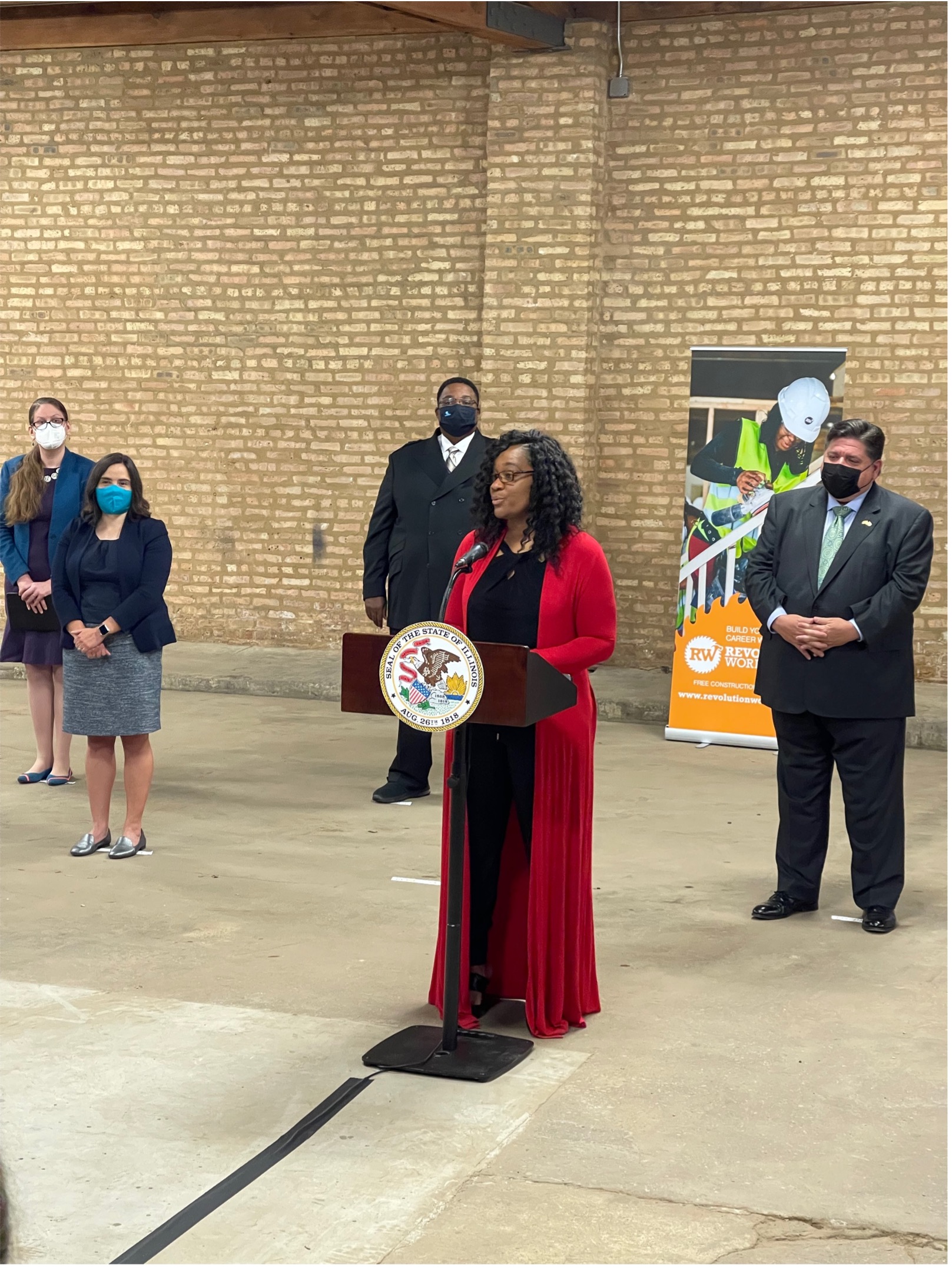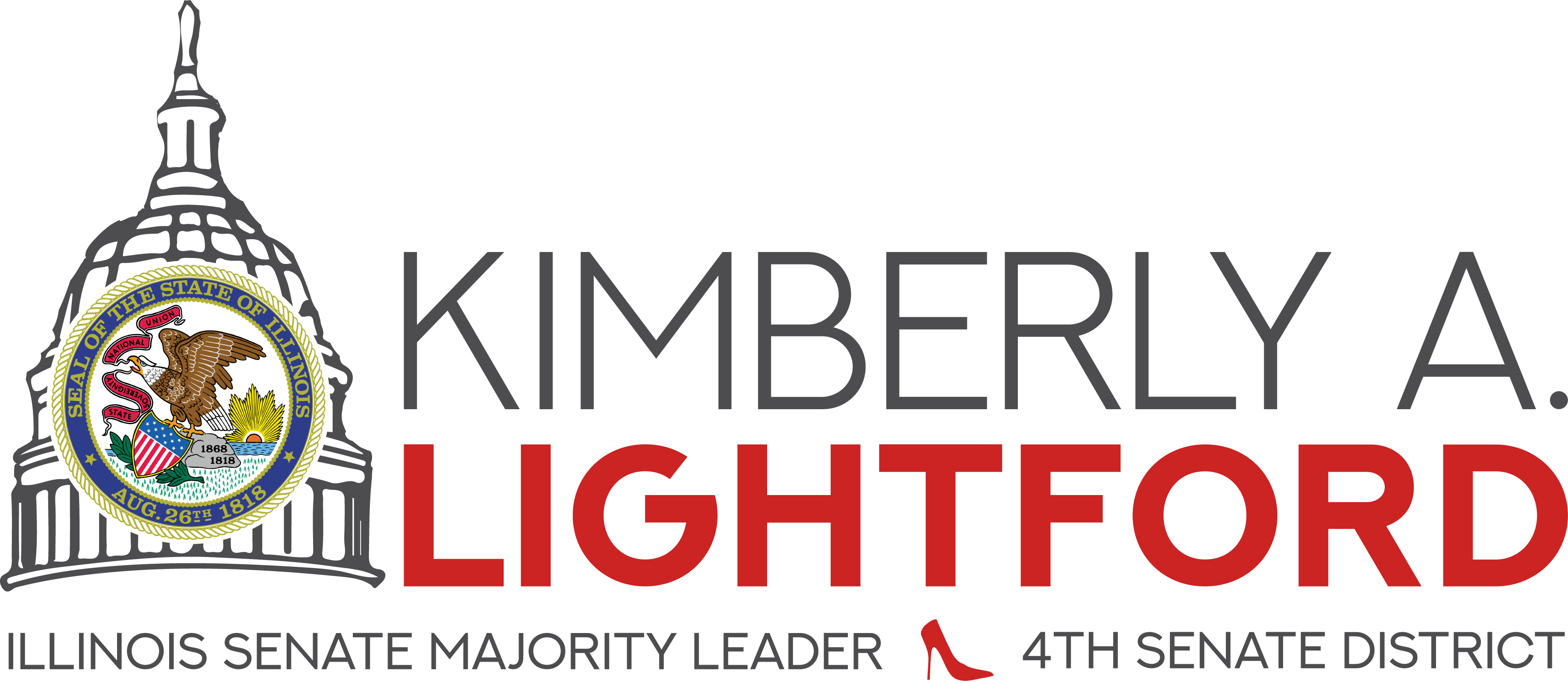 CHICAGO – To help adults and youth who have suffered job losses during the pandemic, Senate Majority Leader Kimberly A. Lightford (D-Maywood) recently announced $20 million will go toward workforce recovery efforts through the American Rescue Plan Act Job Training and Economic Development Program.
CHICAGO – To help adults and youth who have suffered job losses during the pandemic, Senate Majority Leader Kimberly A. Lightford (D-Maywood) recently announced $20 million will go toward workforce recovery efforts through the American Rescue Plan Act Job Training and Economic Development Program.
“As the result of an unprecedented global pandemic, investments in workforce training have never been more important for our communities, our people and our economy,” Lightford said. “I’m proud to join Gov. Pritzker in announcing the next steps to guide our continued economic recovery with investments that will put more people back to work. I look forward to heading up the work of the commission so that we can close the equity gap that has for too long shut residents out and bring more Illinoisans into not just jobs, but permanent career paths.”
The federal government created the American Rescue Plan to change the course of the pandemic and deliver immediate relief to American workers. In Illinois alone, over 400,000 Illinois residents were laid off because of the pandemic. In order to ensure these workers are able to regain employment, Gov. Pritzker and the Department of Commerce and Economic Opportunity released $20 million for workforce recovery and $4.4 million for the Youth Career Pathways Program.
Lightford also recently championed the Education and Workforce Equity Act, part of the Illinois Legislative Black Caucus’s four-pillar agenda to eliminate systemic racism in the state. The act requires the Illinois Workforce Innovation Board to create a study to determine the feasibility of consolidating all workforce development programs under a single agency.
The Workforce Equity and Access Commission will conduct the study to explore the potential benefits of consolidating workforce programs created under the Workforce Innovation and Opportunity Act into a single state agency. The commission will also examine whether consolidation could increase access to job training for underserved populations.
“The commission was created to help level the playing field in our workforce development system and ensure everyone has equal access to quality career opportunities,” Lightford said. “Most importantly, it was created to evaluate the impact of systemic racism on the experience of participants in the workforce system—understanding the problem is the first step toward solving it.”
To find additional details and apply for the Job Training and Economic Development Program, visit the Department of Commerce and Economic Opportunity website.







